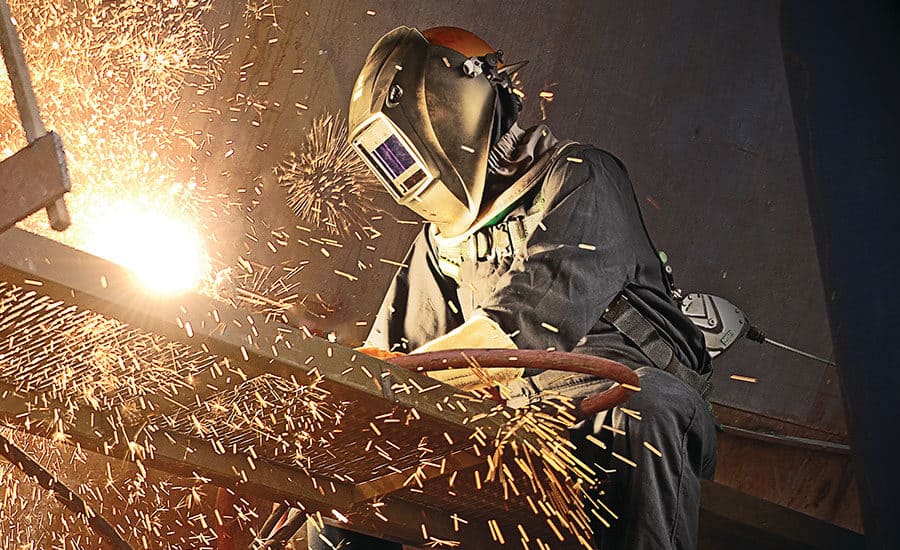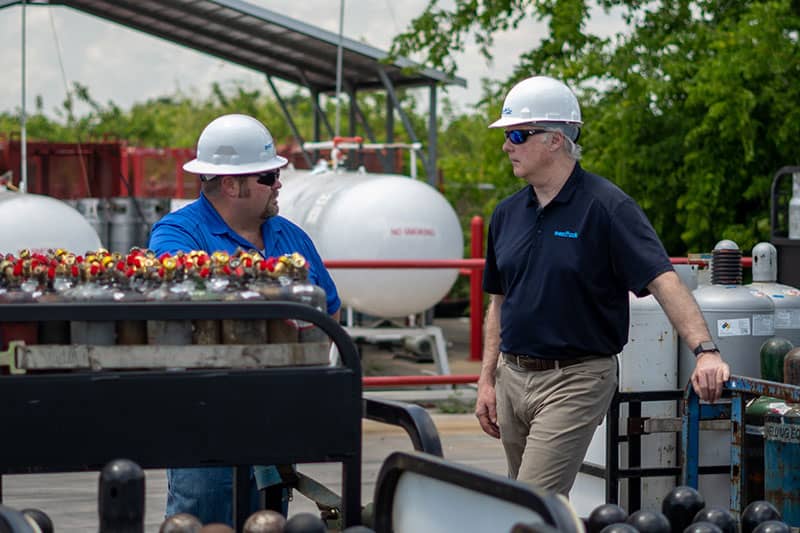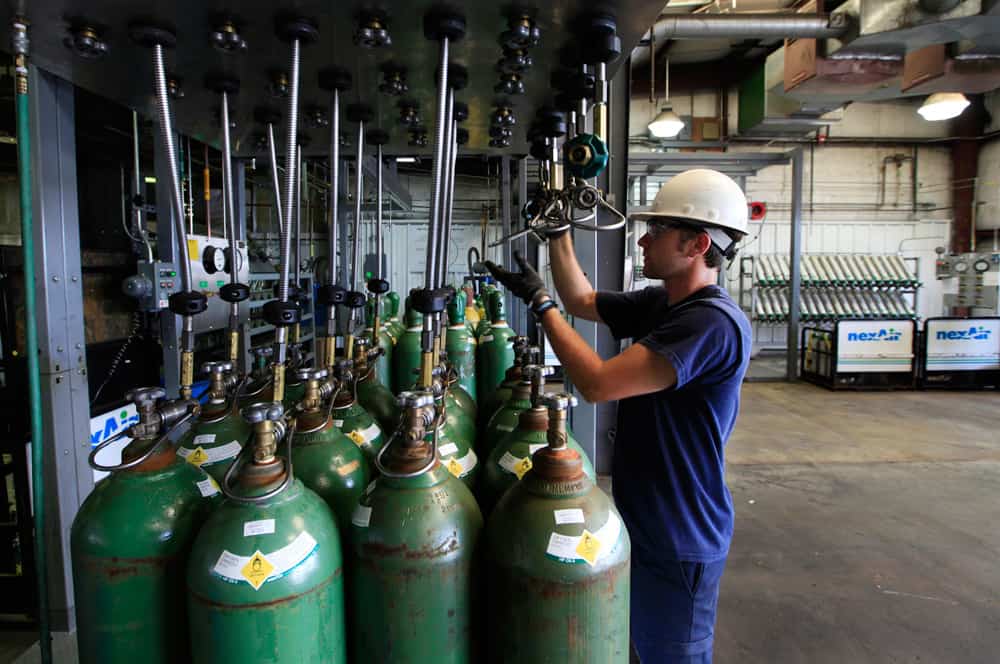Propane and Specialty Gases: Industrial Applications Across Food, Beverage, and Chemical Sectors
Propane gets pigeonholed as the gas for backyard barbecues and forklifts, but industrial applications tell a much different story. Food processors use propane for everything from flame peeling vegetables to powering massive commercial ovens. Beverage operations depend on it for heating applications throughout their production processes. Chemical manufacturers rely on propane as both a fuel source and a feedstock for producing other compounds. Understanding these industrial applications reveals why propane deserves serious consideration for operations looking to improve efficiency and reduce costs.
Food Processing Applications That Go Beyond the Obvious
Commercial food processing demands consistent, controllable heat that propane delivers reliably. Flame peeling operations for tomatoes, peppers, and onions require intense, even heating that removes skins without damaging the product underneath. Propane burners provide the precise flame control needed for these delicate operations while offering often lower operating costs than electric alternatives, depending on local utility rates and load requirements.
Baking operations particularly benefit from propane’s combustion characteristics. The gas produces very low sulfur emissions compared with oil-fired systems, while providing the high-temperature, even heating that commercial ovens require. Many large-scale bakeries report significant fuel cost savings when switching from electric to propane heating systems.
Heating and thermal treatment applications, including flame treatment where appropriate, represent another area where propane serves food processing operations. High-temperature heating effectively addresses contamination concerns on packaging materials and processing equipment without leaving residues that could affect product quality.
Beverage Industry Dependencies
Brewery and distillery operations use propane for numerous heating applications throughout their production processes. Mash heating, still operation, and equipment cleaning all benefit from propane’s consistent heat output and precise temperature control. The clean-burning characteristics help maintain product quality standards throughout production.
Carbonated beverage production facilities often use propane for bottle warming before filling operations. This preheating prevents thermal shock that could crack glass containers while ensuring optimal fill temperatures for consistent carbonation levels. The rapid heating capability of propane systems reduces processing time compared to steam or electric alternatives.
Propane-fired boilers or heaters can supply process heat for CO2 recovery systems in beverage plants, helping concentrate and purify carbon dioxide collected during fermentation processes. This recovered CO2 can then be used for carbonation, reducing the need to purchase commercial CO2 supplies.
Specialty Gas Applications in Chemical Manufacturing
Chemical processes frequently require inert atmospheres or specific gas compositions that standard air cannot provide. Nitrogen serves for blanketing and purging operations, protecting reactive chemicals from oxidation during storage and transfer. Argon provides inert environments when nitrogen reactivity becomes a concern, while helium finds common use in leak detection and instrument applications.
Custom gas mixtures serve specialized roles in chemical manufacturing. Process analytical equipment often requires calibration gases with precise compositions measured in parts per million. Specialty applications might need specific gas blends that provide optimal conditions for particular chemical processes.
Our specialty gas laboratories create custom blends tailored to specific chemical processes, ensuring that gas compositions meet exact specifications required for optimal reaction conditions. These precision mixtures often determine the difference between successful production runs and costly batch failures.
Safety and Efficiency Considerations
Industrial propane applications require different safety protocols than typical commercial uses. Larger storage systems, higher flow rates, and continuous operation create unique hazards that demand comprehensive safety planning. Proper leak detection systems, emergency shutdown procedures, and personnel training are essential to safe propane operations.
Equipment selection significantly affects both safety and efficiency in industrial propane applications. Commercial-grade regulators, safety shutoff valves, and flame monitoring systems provide the reliability needed for continuous operation while protecting against dangerous conditions that could develop during unattended operation.
Our expert KnowHow™ includes supporting industrial facilities in evaluating propane applications for their specific processes while providing guidance on safety systems that align with applicable codes and standards like NFPA 58 and 54. This expertise proves particularly valuable when companies consider converting from other fuel sources to propane.
Making Smart Fuel Choices
Industrial operations that evaluate propane against alternatives often discover significant cost advantages without sacrificing performance. The combination of competitive fuel costs, efficient combustion characteristics, and reliable supply availability makes propane attractive for many heating applications.
Environmental considerations also favor propane in many situations. Propane produces lower sulfur and particulate emissions than oil or diesel fuel, while generating lower CO2 emissions per BTU than oil-based fuels, though higher than natural gas. Operations focused on sustainability goals often find that propane supports their environmental objectives while improving their bottom line.
Ready to explore how propane and specialty gases could benefit your industrial processes? Our team understands the unique requirements of food processing, beverage production, and chemical manufacturing operations, helping you Forge Forward with fuel choices that optimize both performance and costs.
Contact our industrial gas specialists to discuss your specific applications and learn how propane solutions could improve your operational efficiency while reducing energy costs across your facility.
Looking out for your future
Get your career going on the right track with nexAir
Find out how nexAir KnowHow has impacted businesses all over the Southeast
Our expertise makes us more than a valuable partner, it makes us headlines
Don't see what you're looking for?
Everything we offer is a click away and it will arrive before you know it.


